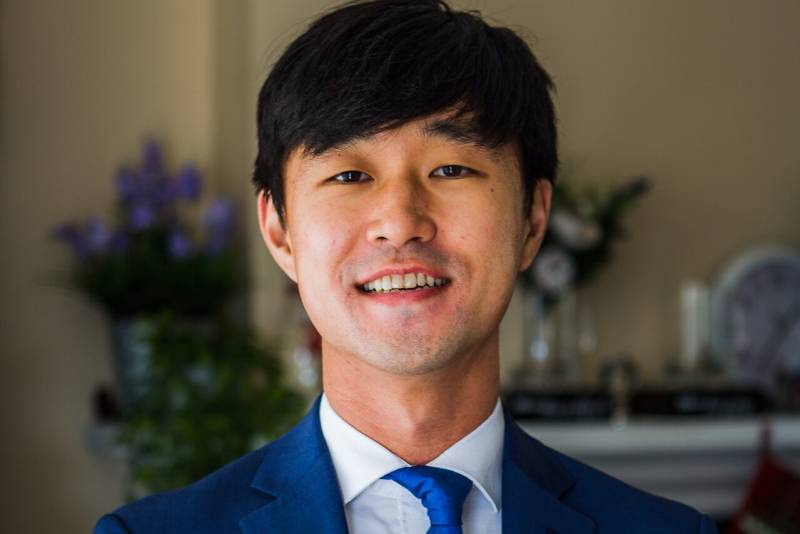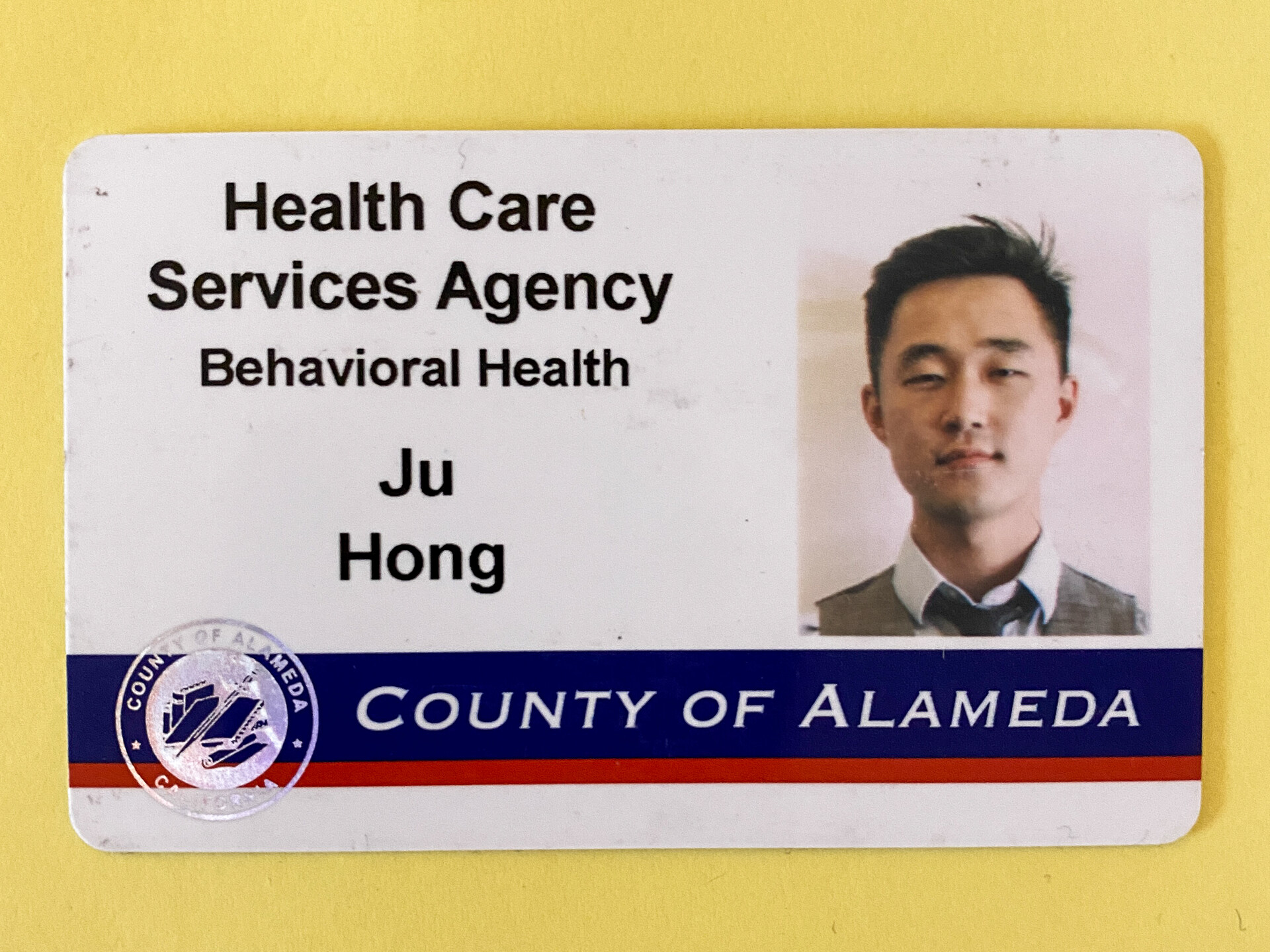Overnight, Ju Hong found himself with no job, no health insurance and a rising panic over the fact that he was basically undocumented again.
The Hayward resident had applied more than four months before to renew the two-year permit that protects him — and hundreds of thousands of other immigrants who first arrived in the U.S. as children — from deportation and allows them to lawfully work.
But unlike in previous years, the federal agency in charge of processing requests for Deferred Action for Childhood Arrivals, or DACA, failed to renew Hong’s employment authorization by the time it expired on July 7. The next day, Hong lost his job as a contracts administrator for Alameda County.
"I’m really worried and concerned, and desperately asking for help," said Hong, 31.
In contrast to former President Donald Trump, who tried to end DACA, the Biden administration has pledged to strengthen the program. But in recent months, processing delays at U.S. Citizenship and Immigration Services have caused a crisis for people who've lapsed out of the protections through no fault of their own, according to advocates in California and other states.
The backlog has become so severe that a group of U.S. Senators, including California’s Sen. Alex Padilla, wrote to USCIS last month to demand a fix for what they called an "unacceptable slow rate" of processing that hurts not only impacted individuals but their employers and families as well.
The delays also mean that tens of thousands of first-time applicants — who had been prevented from applying previously by a Trump administration policy — are now shut out of the program. That’s because their applications were still pending last week when a federal judge in Texas issued an order blocking USCIS from granting the protections to new applicants.
"Thousands of new applications have once more to be put on hold, and livelihoods put on hold," said DACA recipient Dulce Garcia, a San Diego immigration attorney. "DACA allowed so many of us to apply for opportunities we never even imagined … and I want the younger folks to have that."



